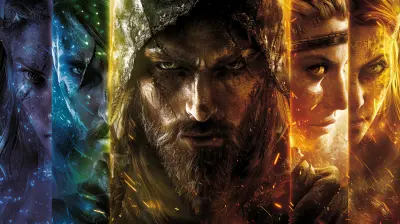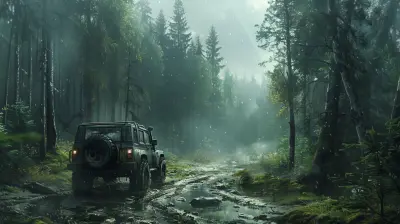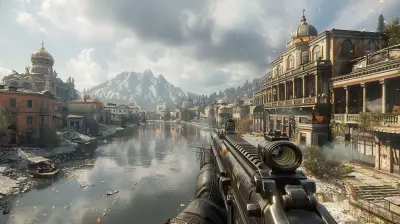The Dark Side of Survival: Games That Push the Moral Limits
15 September 2025
Gaming is often considered a form of escapism. It gives us a chance to explore new worlds, battle mythical creatures, or even just blow off some steam. But survival games? Oh, they’re a different beast altogether. They don’t just ask if you’re smart enough to solve a puzzle or skillful enough to snipe an enemy from across the map. No, survival games dig deeper. They ask, how far are you willing to go to make it out alive? And that question? It’s often more uncomfortable than we’d like to admit.
These games force us to look in the mirror and confront our own morality—by putting us in situations where the lines between right and wrong blur. Let’s dive into the dark side of survival games, the ones that make our palms sweat and our hearts ache as they push the moral limits we’re so used to clinging to.
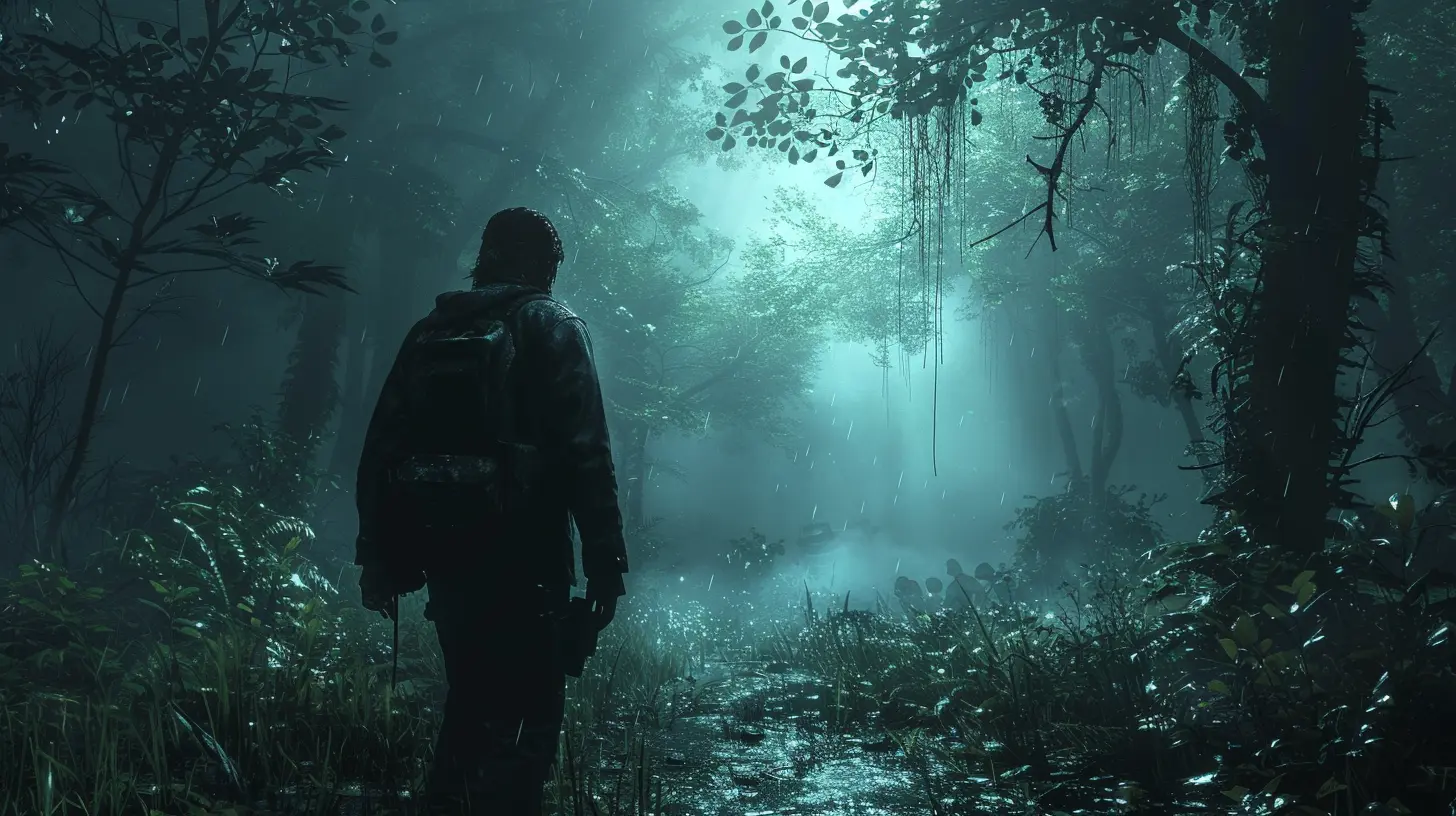
A World Without Rules: The Essence of Survival Games
Survival games are all about instinct. You’re usually dropped into an unforgiving environment, stripped of resources, and given a single goal: survive. Sounds straightforward, right? But here’s where it gets tricky. These games often throw moral dilemmas into the mix that leave you questioning your choices long after the screen fades to black.Unlike strategy or RPGs where you have time to sit and ponder, survival games demand quick decisions. Your character is hungry, tired, or in immediate danger. Do you save a fellow survivor, or do you betray them for their supplies? Do you take the high road knowing it might lead to your character’s death, or do you dive headfirst into moral decay for the sake of survival?
These are the mental gymnastics survival games force us to perform. And the more realistic the game, the more gut-wrenching the choices.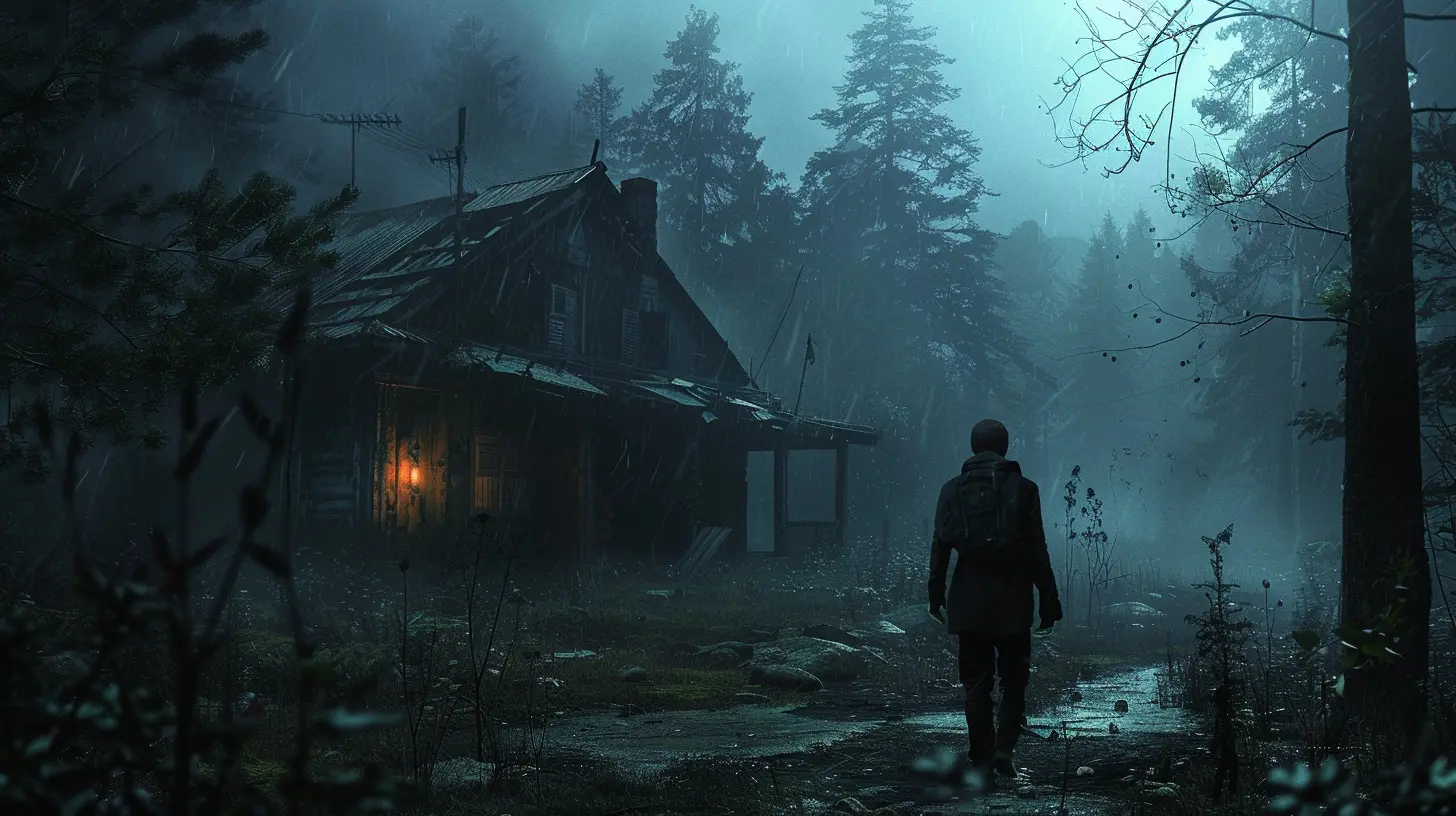
Games That Force You to Face the Abyss
Some survival games are lighthearted romps where you craft weapons out of twigs and fight off cartoonish enemies. But others? Others throw you into the deep end of the moral pool. Let’s take a look at some of the most intense survival games designed to test your humanity.1. The Last of Us Series
Talk about a game that sucker punches you right in the soul. The Last of Us series is a masterclass in storytelling, but beneath the cinematic cutscenes and stunning visuals lies a game that forces you to make gut-wrenching decisions.You play as Joel, a smuggler turned reluctant father figure in a post-apocalyptic world crawling with infected. The game constantly throws moral curveballs your way. Do you shoot an infected person who’s begging for mercy? Do you steal precious supplies from another survivor, knowing it could doom them? And the ending of the first game? Let’s just say it’s one of the most morally ambiguous moments in gaming history.
This isn’t a game about being the hero. It’s a game about survival, and survival? It’s messy.
2. This War of Mine
Unlike most survival games, This War of Mine doesn’t place you in the shoes of a soldier or adventurer. Instead, you play as a group of civilians trying to survive in a war-torn city. The gritty, gray-tone graphics set the mood, but it’s the moral dilemmas that really stick with you.You’ll find yourself scavenging for food, trading with shady characters, and deciding whether to help others or look out for your own group. One of the game’s most haunting moments occurs when you raid a house for supplies, only to realize you’ve left an elderly couple to starve. Is survival worth sacrificing your humanity?
This game doesn’t pull punches, and it’s unapologetically brutal in showing how desolate and morally gray a world without rules can become.
3. Frostpunk
If This War of Mine is about individual survival, Frostpunk is about society’s survival. You take on the role of a leader trying to keep a city alive during a devastating ice age. At first, you’ll be making practical decisions. Do we have enough coal to power the generator? Are the sick being treated?But as resources dwindle and desperation takes hold, the game begins to test your ethics. Would you enact child labor laws to keep production going? Or force amputations to save the healthy at the expense of the injured? Oh, and let’s not forget the option to turn to cannibalism when food supplies run out. Yeah, it gets dark. Real dark.
The beauty (or horror) of Frostpunk is its ability to make you justify the unthinkable for the greater good.
4. The Forest
Imagine this: you survive a plane crash and find yourself stranded on a mysterious island. Sounds bad, right? Now add cannibalistic mutants looking to make you their next meal. Welcome to The Forest.At first glance, this game feels like your typical “scavenge and survive” experience. But as you explore deeper into the island, things get… weird. You’ll find yourself doing things you never thought you could, all in the name of survival. That rabbit you thought was adorable? Yep, you’re going to have to kill it for food. And those mutants hunting you? The game gives you the option to fight them—or eat them. Yep, cannibalism is on the menu.
The moral dilemmas don’t stop there. Do you prioritize finding your missing child (the main storyline) or focus on building a fortress to keep yourself safe? The game lets you decide, and every choice feels morally heavy.
5. The Long Dark
Unlike the others, The Long Dark offers a quieter, more introspective survival experience. There are no zombies, mutants, or infected. Just you, the cold Canadian wilderness, and the harsh reality of survival.But don’t let the serene setting fool you. Resource scarcity makes every choice critical. Do you waste energy hunting an animal, or save your strength and risk starvation? Do you share your supplies with another survivor, or leave them to freeze so you can live?
The game’s slow pace allows the weight of your choices to sink in fully. It’s not about fast-paced action but about the quiet desperation of surviving another day.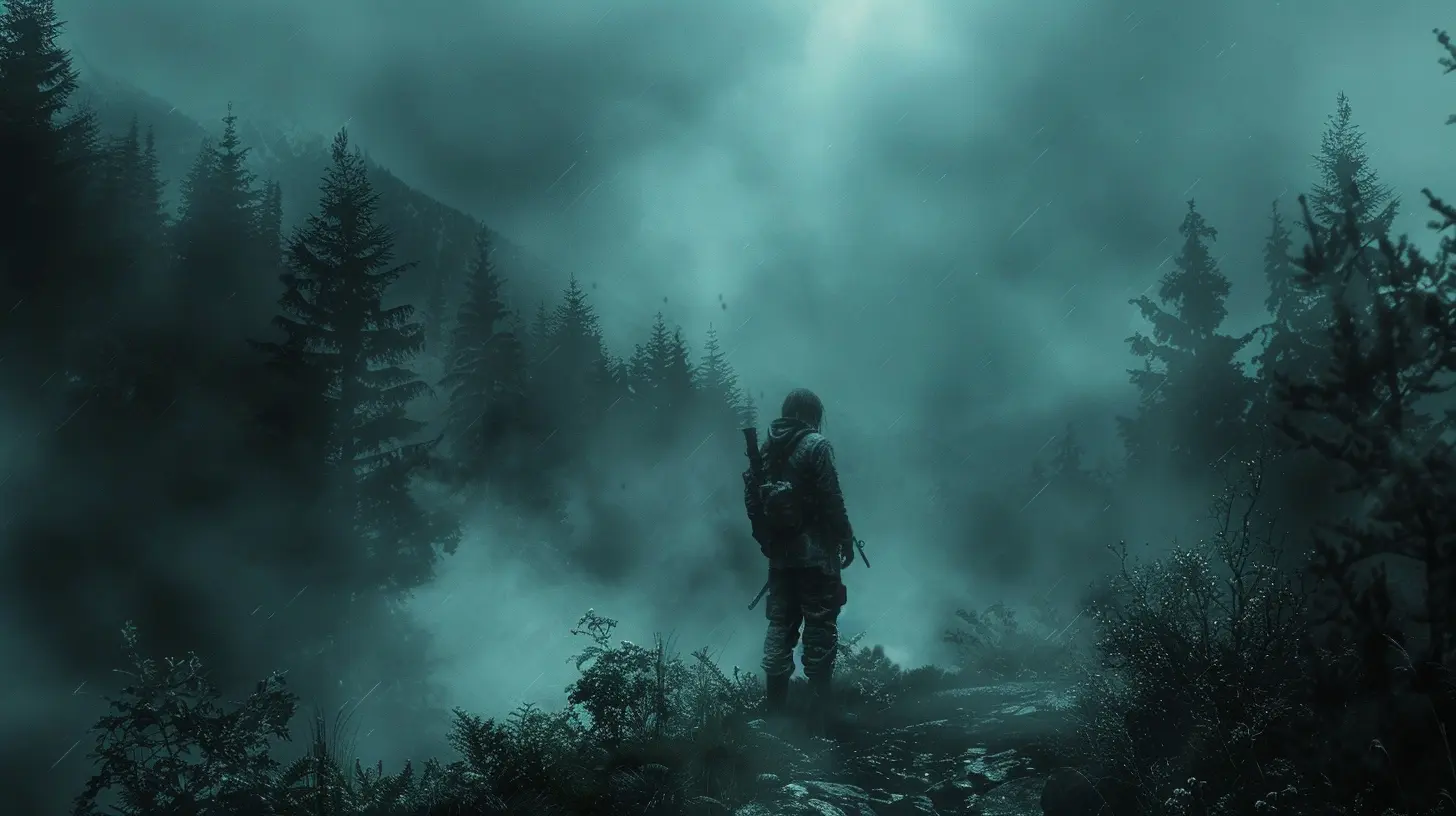
Why Do We Subject Ourselves to This?
Let’s be real—these games aren’t exactly “fun” in the traditional sense. So why do we play them? Maybe it’s because they let us explore the darker corners of our psyche in a safe environment. Or maybe it’s because they give us a new appreciation for the moral compromises people make in desperate situations.There’s also a sense of catharsis in these games. They force us to confront terrifying scenarios and navigate through them. And when we manage to survive, even with a heavy conscience? It feels like a victory.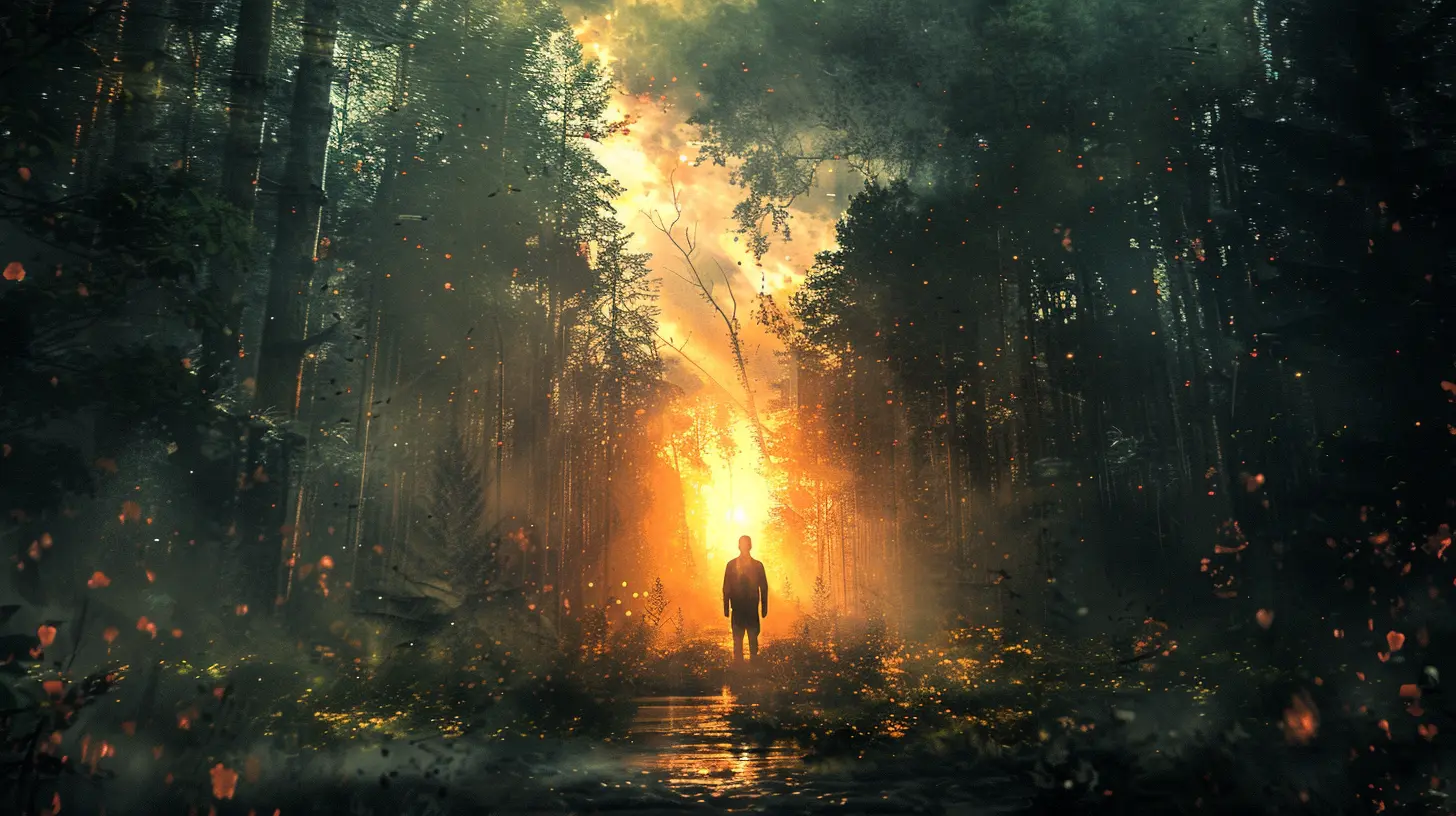
Survival Games as a Reflection of Humanity
What makes survival games so compelling is their ability to highlight the duality of human nature. They show us that we’re capable of incredible compassion and selflessness—but also of shocking cruelty and selfishness. And sometimes, the scariest part isn’t the monsters or the environment. It’s realizing how easily you could cross the line if pushed far enough.In a way, survival games are like a dark mirror. They reflect our fears, our instincts, and our willingness to bend the rules when survival is on the line. And honestly? That’s what makes them so unforgettable.
Conclusion
The dark side of survival games isn’t just about creepy environments or morally ambiguous decisions. It’s about how they pull us out of our comfort zones and force us to think deeply about what we would do if the stakes were life and death. Sure, they make us squirm, but that’s what makes them so powerful. They remind us that survival isn’t always about good versus evil. Sometimes, it’s just about making it through the day.The next time you boot up a survival game, take a moment to think about the choices you’re making. Would you do the same thing in real life? Or are you just riding the edge of your moral limits because you can always hit “restart”? Food for thought.
all images in this post were generated using AI tools
Category:
Survival GamesAuthor:

Kaitlyn Pace
Discussion
rate this article
1 comments
Hailey Franklin
Survival games challenge us to confront our darkest instincts—embrace the chaos or be crushed by it. Choose wisely.
September 23, 2025 at 4:42 AM

Kaitlyn Pace
Absolutely! Survival games force players to navigate moral dilemmas, revealing the thin line between instinct and humanity. It's a fascinating exploration of our choices under pressure.
